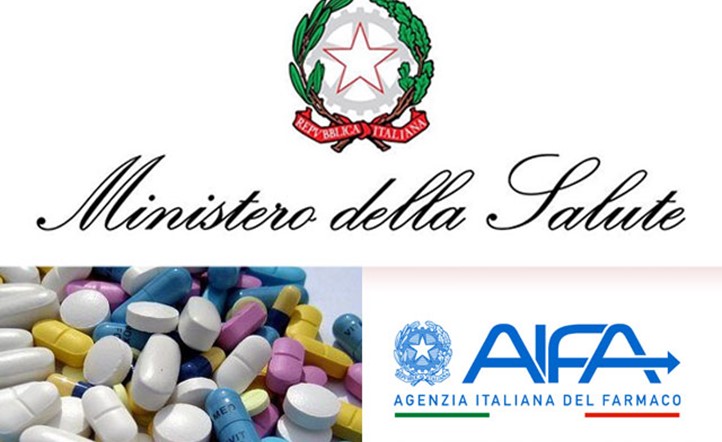US- FDA Grants Approval to Genetech's Actemra (tocilizumab) for the Treatment of COVID-19 in Hospitalized Adults

Actemra is the first monoclonal antibody granted US marketing approval to treat COVID, its use is limited to adults 18 years and older. The EUA remains in place to treat patients ages two to less than 18 years.
Actemra is the first FDA-approved monoclonal antibody for treating patients with severe COVID-19, providing an important option for hospitalized patients and their healthcare providers who continue to be on the frontlines treating COVID-19.
Genentech announced that the FDA has approved Actemra (tocilizumab) intravenous (IV) for the treatment of COVID-19 in hospitalized adult patients who are receiving systemic corticosteroids and require supplemental oxygen, non-invasive or invasive mechanical ventilation, or extracorporeal membrane oxygenation (ECMO). Actemra is the first FDA-approved monoclonal antibody to treat COVID-19 and is recommended for use as a single 60-minute IV infusion.
The FDA approval follows the FDA’s Emergency Use Authorization (EUA) for Actemra in hospitalized adults and children (ages 2 and older) with COVID-19, which was granted in June 2021. The use of Actemra to treat hospitalized people ages 2 to less than 18 years old is not FDA approved, however the EUA for this age group currently remains in place after the FDA approval for hospitalized adult patients.
The worldwide manufacturing capacity of Actemra has significantly increased in 2022, resulting in all configurations of Actemra IV and Actemra subcutaneous (SC) being available at levels sufficient to meet patient demand. Actemra SC is not authorized for the treatment of COVID-19 patients.
The FDA approval is based on the results from the RECOVERY trial, as well as the EMPACTA trial, the first global, Phase III study in COVID-19 to focus on patients from underrepresented racial and ethnic groups. No new warnings and precautions related to Actemra in COVID-19 studies have been identified. The most common adverse reactions seen (incidence ≥ 3%) are constipation, urinary tract infection, hypertension, anxiety, diarrhea, insomnia and nausea
